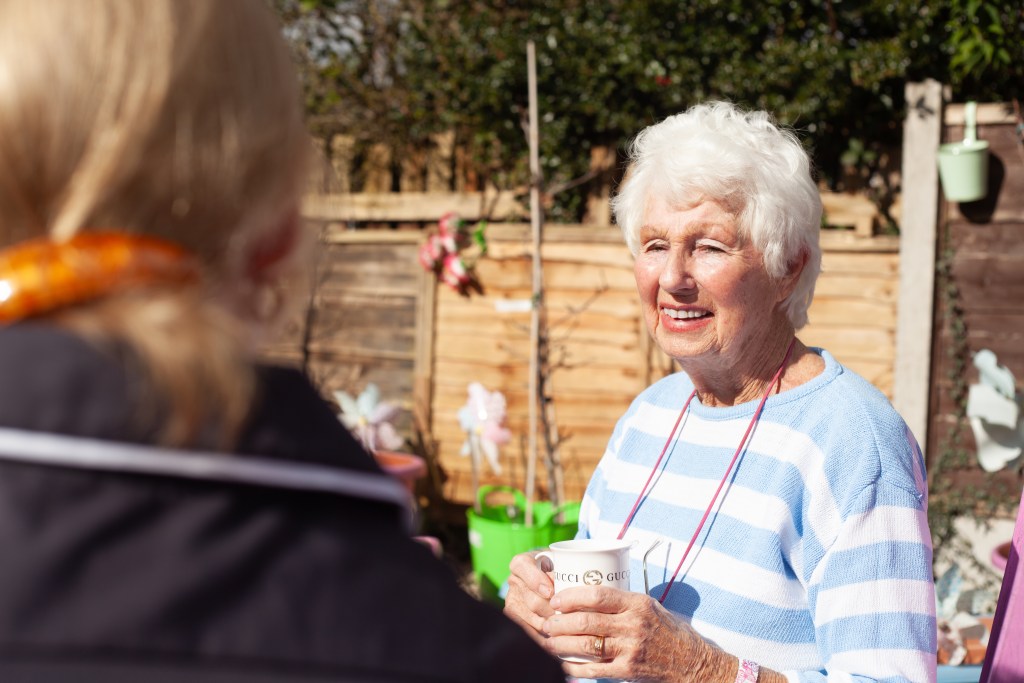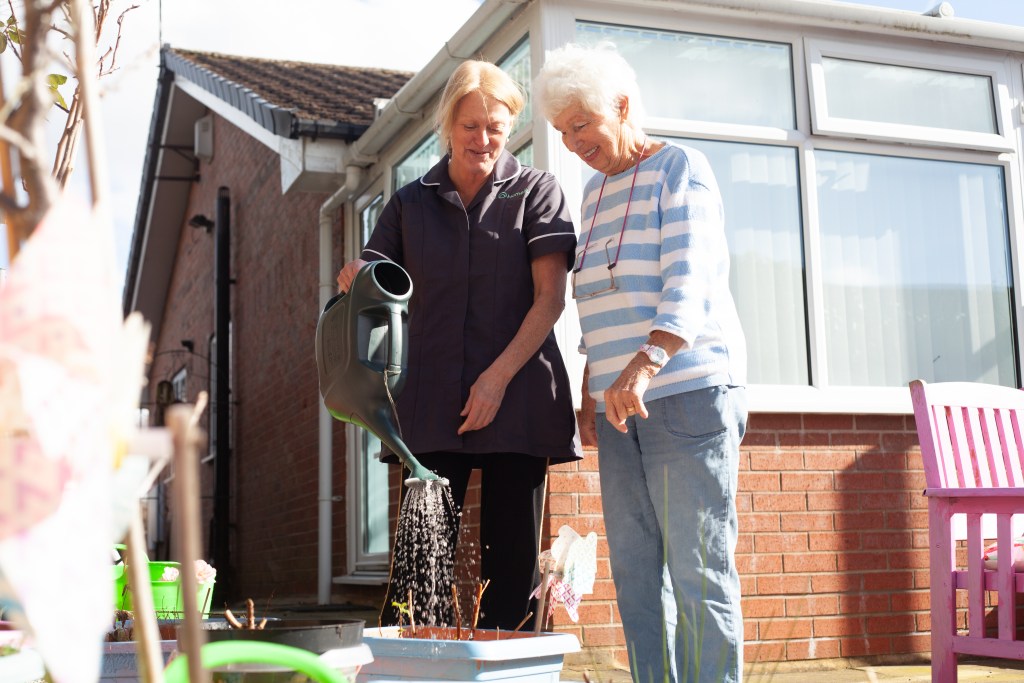Mastering The Basics Of Hygiene In Care
- Homelium

- Feb 5
- 3 min read
Mastering The Basics Of Hygiene In Care

In the realm of healthcare and caregiving, maintaining impeccable hygiene isn't just a matter of routine, it's a cornerstone of effective and compassionate care.
Whether you're a healthcare professional, a family caregiver, or someone receiving care, understanding and implementing basic hygiene practices is essential for promoting well-being and preventing the spread of infections.
In this Homelium article we will delve into the fundamental aspects of hygiene in care.
Hand Hygiene: The Foundation
Hand hygiene is perhaps the single most important practice in preventing the spread of infections.
Regular handwashing with soap and water, or using alcohol-based hand sanitisers, can significantly reduce the transmission of harmful bacteria and viruses.
It's crucial to wash hands before and after every patient contact, after using the restroom, and before handling food.
Proper handwashing involves scrubbing all surfaces of the hands, including the backs, between fingers, and under nails, for at least 20 seconds.

Personal Protective Equipment (PPE)
In certain healthcare settings, using personal protective equipment (PPE) such as gloves, masks, gowns, and goggles is essential to protect both caregivers and patients.
PPE helps prevent the transmission of infectious agents through contact, droplets, or airborne routes.
It's vital to use PPE correctly, ensuring a proper fit and disposal after each use.
Additionally, knowing when and where to use specific types of PPE is critical for effective infection control.
Environmental Hygiene
Maintaining a clean and sanitary environment is paramount in healthcare facilities and caregiving settings.
Regular cleaning and disinfection of surfaces, equipment, and patient rooms help minimise the risk of infections.
Using appropriate disinfectants and following recommended protocols for cleaning high-touch surfaces can greatly reduce the spread of harmful pathogens.
Proper waste disposal is also crucial to prevent contamination and maintain hygiene standards.
"Maintaining a clean and sanitary environment is paramount in healthcare facilities and caregiving settings."
Respiratory Hygiene
Respiratory hygiene practices, such as covering coughs and sneezes with a tissue or the elbow, can help prevent the spread of respiratory infections like the flu or COVID-19.
Encouraging patients and caregivers to practise respiratory etiquette and providing easily accessible tissues and hand sanitisers can contribute to a healthier environment.
In healthcare settings, implementing measures like wearing masks and maintaining physical distancing further enhances respiratory hygiene.
Personal Care Hygiene
For individuals receiving care, maintaining personal hygiene is essential for overall well-being and dignity.
Assistance with activities such as bathing, grooming, oral care, and toileting may be required for those with limited mobility or cognitive impairments.
Caregivers should approach personal care tasks with sensitivity, respect, and attention to privacy, ensuring the comfort and dignity of the individual receiving care.
Education and Training
Effective hygiene practices rely on proper education and training for both healthcare professionals and caregivers.
Continuous training programs covering hand hygiene, infection control protocols, proper use of PPE, and environmental cleaning can help reinforce good practices and keep caregivers updated on the latest guidelines and recommendations.

"Effective hygiene practices rely on proper education and training for both healthcare professionals and caregivers."
Mastering the basics of hygiene in care
In the realm of care, mastering the basics of hygiene is non-negotiable.
From meticulous hand washing to maintaining a clean environment and providing personalised personal care, every aspect of hygiene plays a crucial role in promoting health and preventing infections.
By prioritising hygiene practices, caregivers can create safer and more supportive environments for those they serve, fostering a culture of wellness and well-being.

Comments